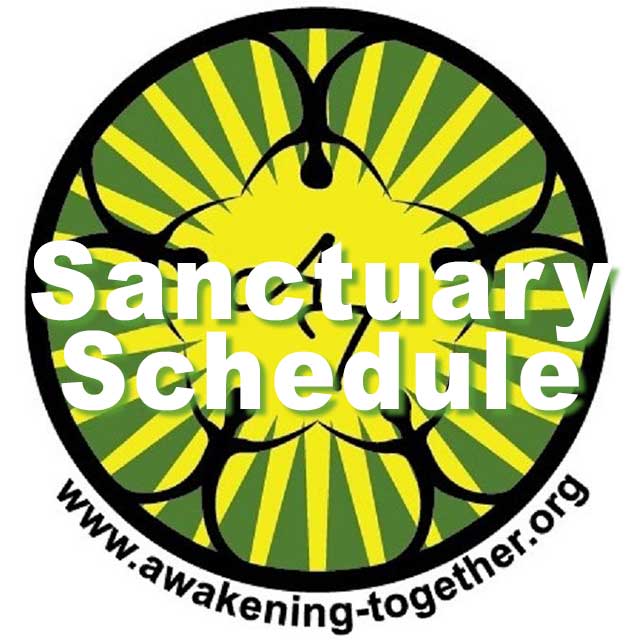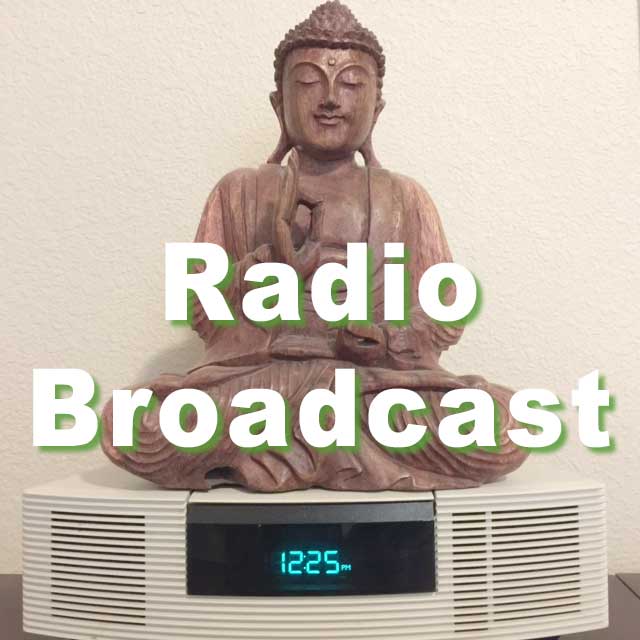The error that is the ego is attaching life to manifestation and identifying with that. It is attaching life to a body, a mind, and a personality, and then feeling that you are that. When you make the mistake of pinning life down to a specific form and identifying with that form, you also see form as alive, as if the form is primary and life is both secondary and temporary. That’s why you believe in death.
In reality, life is primary and eternal. Every aspect of manifestation is temporary, shifting and changing. And you are life, not the temporary form that you experience now.
To let go of ego is to let go of identifying with a specific manifestation as you and to let go of seeing others as specific manifestations. It is to fully accept that manifestation comes and goes, and life is beyond all manifestations. Life is the source of all manifestations; it is the essence of all manifestations, and life is what you are, just as it is what everything is.
The purpose of today’s reading is to help you accept this truth. Admittedly, it is not the truth the ego wants to hear. The ego (identification with a specific form) wants to believe it is eternal, but that simply isn’t the truth, nor will it ever be the truth.
Read today’s reading slowly and contemplatively. I recommend taking notes again today. Taking notes will help you absorb today’s teaching. You can also review and further contemplate your notes, which will further aid in absorbing this important teaching.
Note: The next tip will be available tomorrow morning after 3:50am ET at this link.



